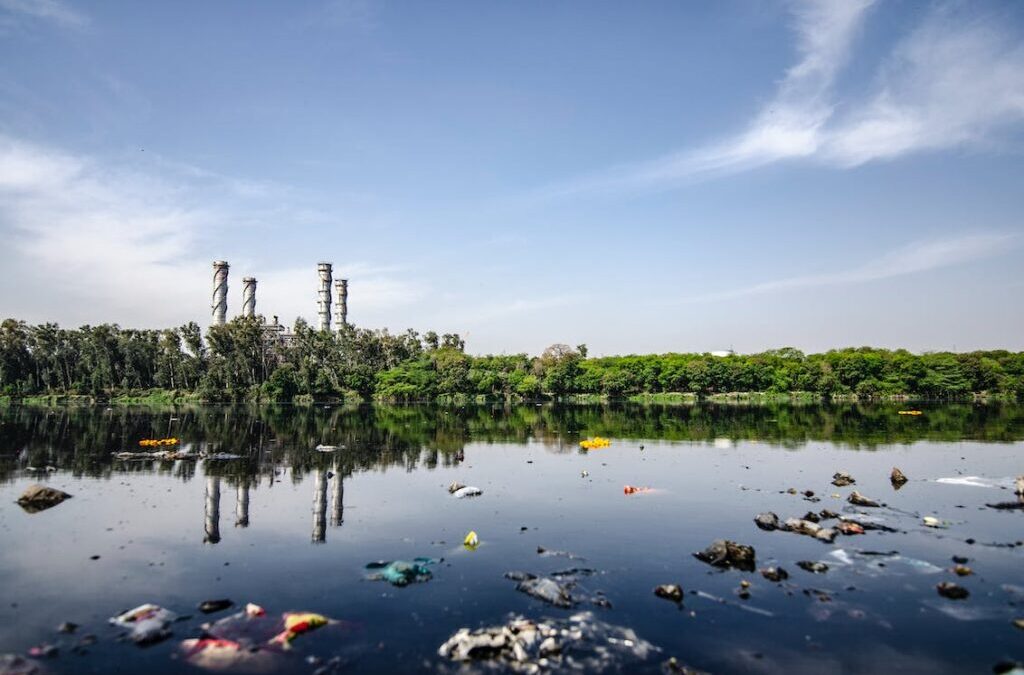Protecting leftover biodiversity is crucial for the well-being of our planet and its inhabitants. Biodiversity refers to the variety of living organisms on Earth, from microorganisms to plants and animals. It is a vital component of the planet’s ecosystem, providing essential services such as pollination, nutrient cycling, and oxygen production. However, human activities such as deforestation, pollution, and climate change have severely impacted biodiversity, leading to the extinction of many species.
Conserving leftover biodiversity is important for several reasons. First, it ensures the continuation of essential ecosystem services. Biodiversity is responsible for maintaining the balance of nature, and the loss of species can have cascading effects on the entire ecosystem. For example, the extinction of pollinators such as bees and butterflies can lead to a decline in food production, which can affect human and animal populations.
Second, conserving biodiversity can lead to the discovery of new medicines and technologies. Many of the world’s most important drugs, including antibiotics and cancer treatments, have been developed from natural sources such as plants and fungi. By protecting the remaining biodiversity, we can continue to discover new and potentially life-saving treatments.
Third, preserving biodiversity can provide economic benefits. Many industries, such as agriculture and tourism, depend on natural resources and the services provided by ecosystems. The loss of biodiversity can lead to a decline in these industries and result in economic losses.
Finally, protecting biodiversity is a moral imperative. As the dominant species on Earth, humans have a responsibility to protect other forms of life. The extinction of species can be seen as a tragedy in and of itself, and conserving biodiversity is a way to honor the intrinsic value of all life.
In conclusion, protecting leftover biodiversity is crucial for the continuation of essential ecosystem services, the discovery of new medicines and technologies, economic benefits, and as a moral imperative. We must take action to conserve biodiversity by reducing our impact on the environment, promoting sustainable practices, and supporting conservation efforts. By doing so, we can ensure a healthy and vibrant planet for generations to come.

